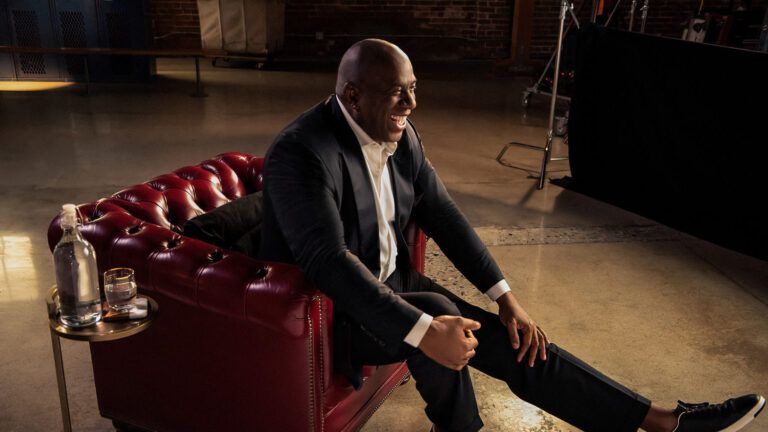The Winter Olympics have long held a special place in my heart.
When I was 11, I did a video presentation about the history of the modern games. I even put together a magazine, my version of an Olympics-focused Sports Illustrated, my first foray into the publishing industry.
My father was so impressed with the work I’d put in, he bought a travel package to the upcoming 1994 Winter Olympics, to be held in Lillehammer, Norway, so we could see the games in person. I can’t imagine how much it cost him–but it impacted my life beyond value.
Before we left, I contacted my hometown newspaper about writing articles from the perspective of an American kid attending the Olympics. They thought it was a great idea. Looking back now, my dispatches from Norway don’t exactly portend a future Dick Schaap or Will Leitch, but they were the first bits of writing I ever had published, and they’re part of what led me to become a writer and editor.
My father and I witnessed many memorable moments at the ’94 games, but one stands out: the Men’s 1,000-meter long-track speed skating final. Dad and I were in the front row, not far beyond the finish line, holding an American flag. Our best hope for a medal was 28-year-old Dan Jansen, competing in his fourth and final Olympic games.
His career had been marked by repeated failures on the ice, and by personal tragedy. In his first Olympic events, in February 1984 in Sarajevo, Jansen finished 16th in the 1,000 meters and 4th in the 500 meters.
Then hours before competing in the 500-meters at the 1988 games in Calgary, a race in which he was heavily favored, he learned that his older sister, Jane, had died of leukemia. That afternoon, he started the 500-meters at world-record pace but fell on the first turn. Four days later, he began the 1,000-meters on record pace again but crashed into the boards surrounding the rink.
History repeated four years later, in Albertville, France, where, again a favorite, he failed to medal, finishing 4th in the 500 and 26th in the 1,000 meters. In Lillehammer, he’d already stumbled. An eighth-place showing in the 500-meters, his stronger event. This was his last shot.
I remember him poised at the starting line for his heat, staring down the icy track. The flags of a dozen countries waving in the stands. The starting judge’s voice over the loudspeaker. I remember the starting tone, and the blades of the skaters glinting as flashbulbs went off, and the crowd’s deafening cheers–mine included.
When Dan burst across the finish line, well ahead of his opponent, he raised his arms in triumph, then held his head as if in disbelief, unable to contain his emotion. My father and I did too. We hugged each other, jumped up and down and struggled to keep the flag from slipping our grip. On the scoreboard, the official time went up: Dan Jansen listed first on the leader board–with a WR, for World Record, next to his name.
I remember when the lights in the arena went low and Dan took his victory lap, gold medal around his neck, with his wife and daughter, Jane. He dedicated the victory to his sister.
Moments like these are what the Olympics are all about. A demonstration of our triumph over adversity, a celebration of mankind and the human spirit. I was lucky enough to witness that firsthand in Lillehammer, an unforgettable moment with my dad. I’m sure my father and I will be calling each other often as we watch the games in Sochi on TV.
Do you have an Olympic memory that inspired you? Tell us about it! You can read the inspiring stories of Olympic athletes we’ve covered over the years in Guideposts.






